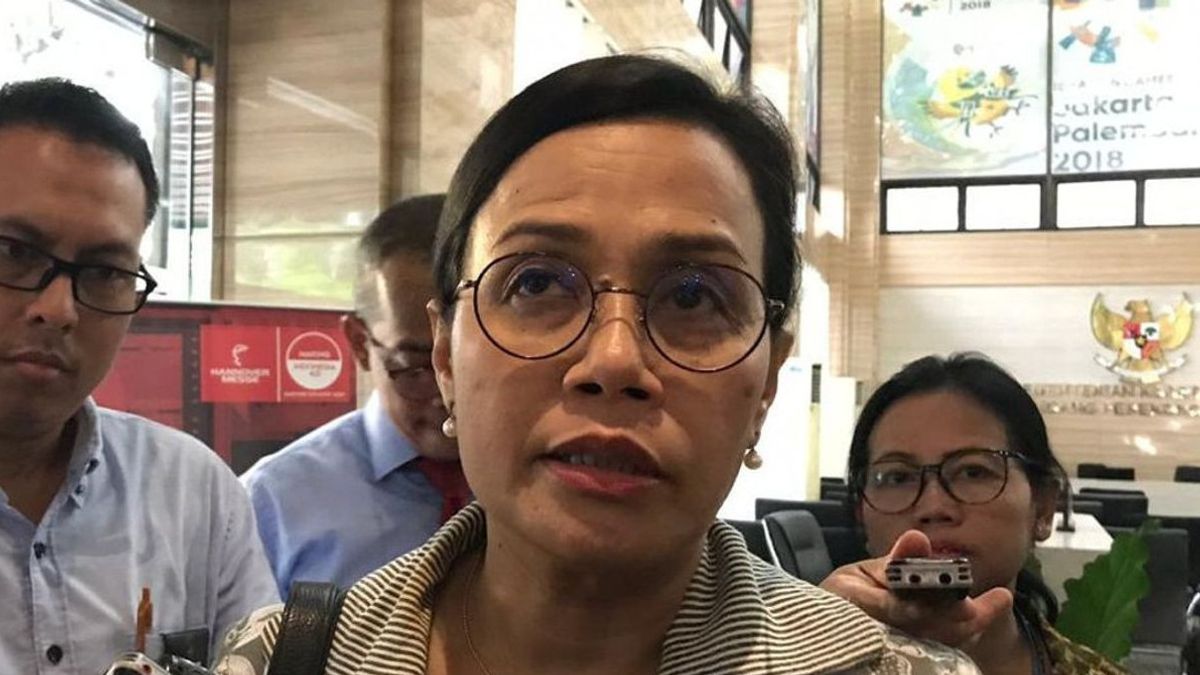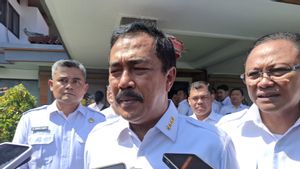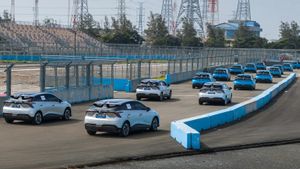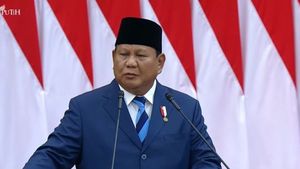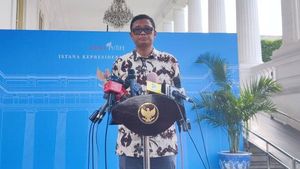JAKARTA - The realization of economic growth in the first quarter of this year only reached 2.97 percent. This figure is much lower than the government's projection of 4.6 percent. Economic growth in the second quarter is projected to fall even further.
One of the factors causing the economic growth in the second quarter to become increasingly depressed was the widespread implementation of large-scale social restrictions (PSBB). Not only that, various policies to break the chain of the spread of the corona virus or COVID-19 have also led to an increase in the poverty rate.
Finance Minister Sri Mulyani Indrawati estimates that the economy in the second quarter will fall deeper because the PSBB policy is not only enforced in Jabodetabek but has expanded to other areas.
Sri Mulyani admitted that she was surprised by the realization of economic growth in the first quarter, which fell far short of estimates. This decrease occurred because household consumption fell considerably due to social or physical distancing and the policy of working from home or work from home.
The realization of household consumption in the first quarter was only 2.84 percent, down from 5.02 percent in the first quarter of 2019 and 4.97 percent from the fourth quarter of 2019.
"This is far from our assumption of over 4 percent," he said, in a virtual working meeting with Commission XI, Wednesday, May 6.
According to Sri Mulyani, the social distancing policy, even if it is only implemented for one month, has an impact on quarterly growth. Household consumption in 2019 was recorded at IDR 9,000 trillion. Of this figure, IDR 5,000 trillion is the value of consumption in Jabodetabek and Java Island.
"If it is only at their house, it is impossible for them to consume up to Rp 5 thousand trillion, so the impact in the second quarter will be very heavy," he said.
Poverty Rates Soar
Sri Mulyani said that the COVID-19 virus pandemic would cause an increase in the number of poverty figures. According to him, in a short period of time, namely March to early May this year, the poverty rate had risen again.
"In conditions like this, the number of poverty numbers will increase, COVID-19 from March to May has increased the poverty rate. Reverse (back again) like in 2011," he said.
To note, based on data from the Central Statistics Agency (BPS), the number of poor people (residents with per capita expenditure per month below the poverty line) in Indonesia in September 2011 reached 29.89 million people or 12.36 percent.
Meanwhile, in the latest data, BPS recorded that the poverty rate was recorded at 9.22 percent in September 2019 or the equivalent of 24.79 million people.
So due to the COVID-19 pandemic, Sri Mulyani said that in just 2 months it was able to reverse the government's performance to reduce the poverty rate below 10 percent in the last nine years, aka back above 10 percent.
Sri Mulyani said data from the Ministry of Manpower showed that the unemployment rate had jumped by 2 million people in the past 1.5 months during the pandemic. Because of this, the government has taken quick steps to increase spending on social assistance so that poverty does not escalate.
"Therefore, Bansos spending is one of the efforts to keep poverty from increasing or causing layoffs, decreasing the activities of the informal sector and MSMEs," he explained.
The English, Chinese, Japanese, Arabic, and French versions are automatically generated by the AI. So there may still be inaccuracies in translating, please always see Indonesian as our main language. (system supported by DigitalSiber.id)
